Beyond the Stereotype
Ksenia Golubeva
CBDO and co-founder of AutiHD, advancing AI-powered neurodiversity support.
Every so often, you meet a founder whose mission feels less like a business plan and more like a calling. That's Ksenia Golubeva. After a distinguished career driving corporate innovation and evaluating thousands of startups, she saw a recurring gap: a lack of genuine, human-centered purpose. Her journey to co-founding AutiHD wasn't born in a boardroom but from listening to the real, everyday challenges faced by neurodivergent adults. In our conversation, Ksenia shares the pivotal moments that transformed her perspective, from a long-ago journalism project to a stereotype-shattering friendship. You'll discover how she is building not just a product, but a movement to create a future where, as she so powerfully puts it, 'differences are not hidden, but celebrated as strengths.'
You've navigated the world of corporate innovation, launching over 50 pilots and managing a deal flow of thousands of startups. What was the catalyst that shifted your focus from optimizing business processes to solving deeply human problems with AutiHD?
Your commitment to neurodiversity feels deeply personal. Can you share the experiences that shaped this passion, moving it from a distant observation to the core of your professional life?
Your Mindory app leverages AI to offer personalized support. Could you unpack how this technology works in practice, and how you're navigating the complex regulatory landscape in Europe regarding data privacy and potential insurance reimbursement?
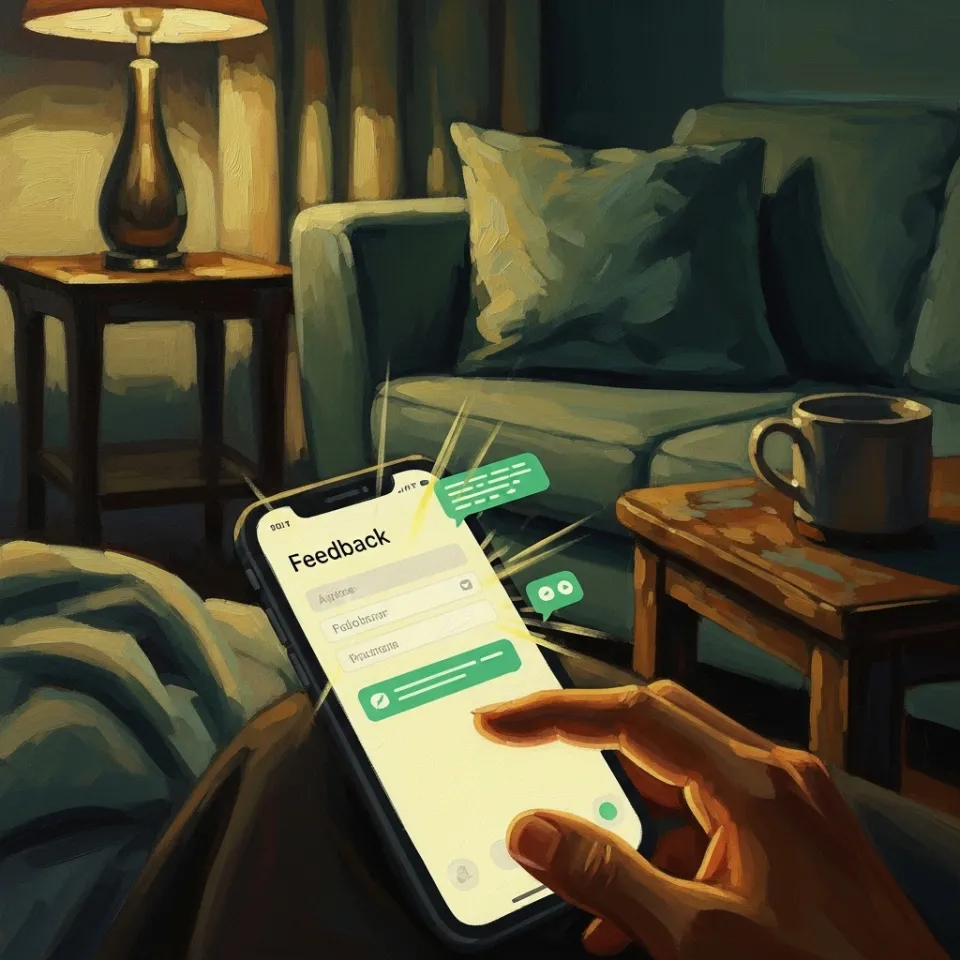
From a growth perspective, you're operating with a hybrid B2C and B2B2C model out of Luxembourg. What early signals are shaping your immediate roadmap, and how are you balancing user-driven product evolution with strategic market expansion?
Looking beyond the app itself, how do you envision the future of work evolving to truly embrace neurodiversity, and what role do you see platforms like AutiHD playing in that transformation?
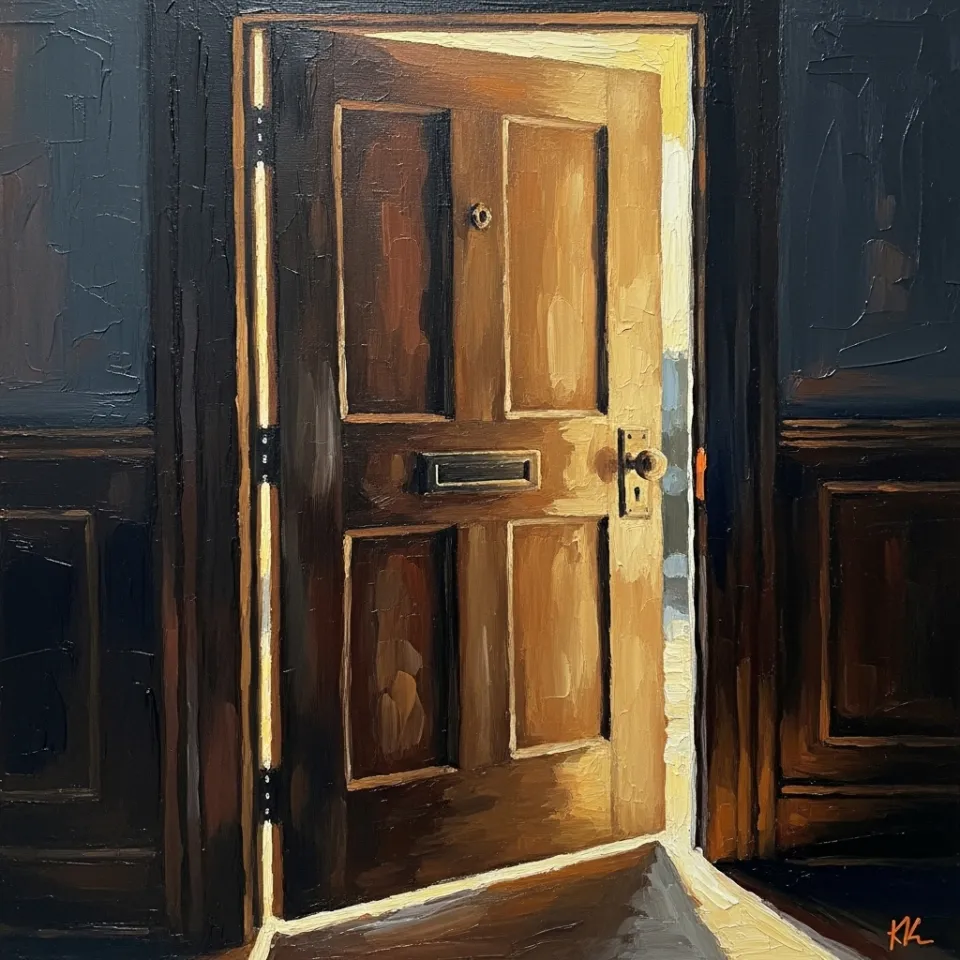
Based on your extensive experience fostering innovation, what fundamental, systemic shifts in policy and societal mindset are critical to creating a world that doesn't just accommodate neurodivergent adults, but allows them to thrive?
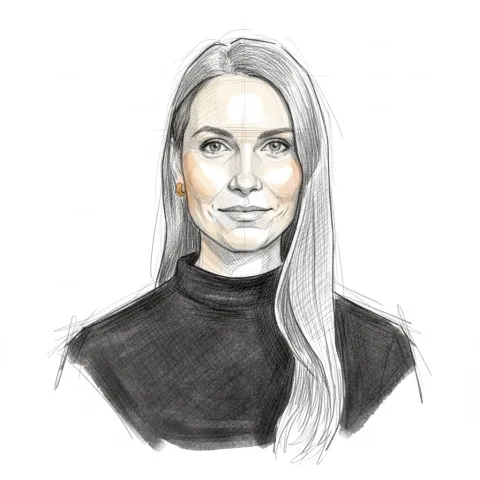
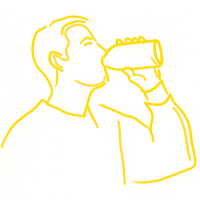
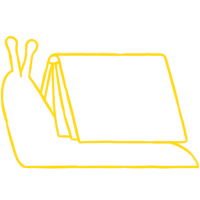
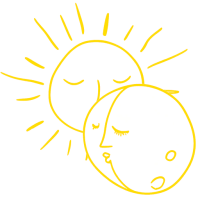

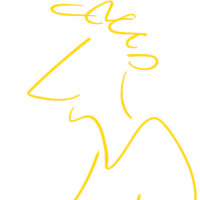



Share moment
Choose where you'd like to share this interview moment: